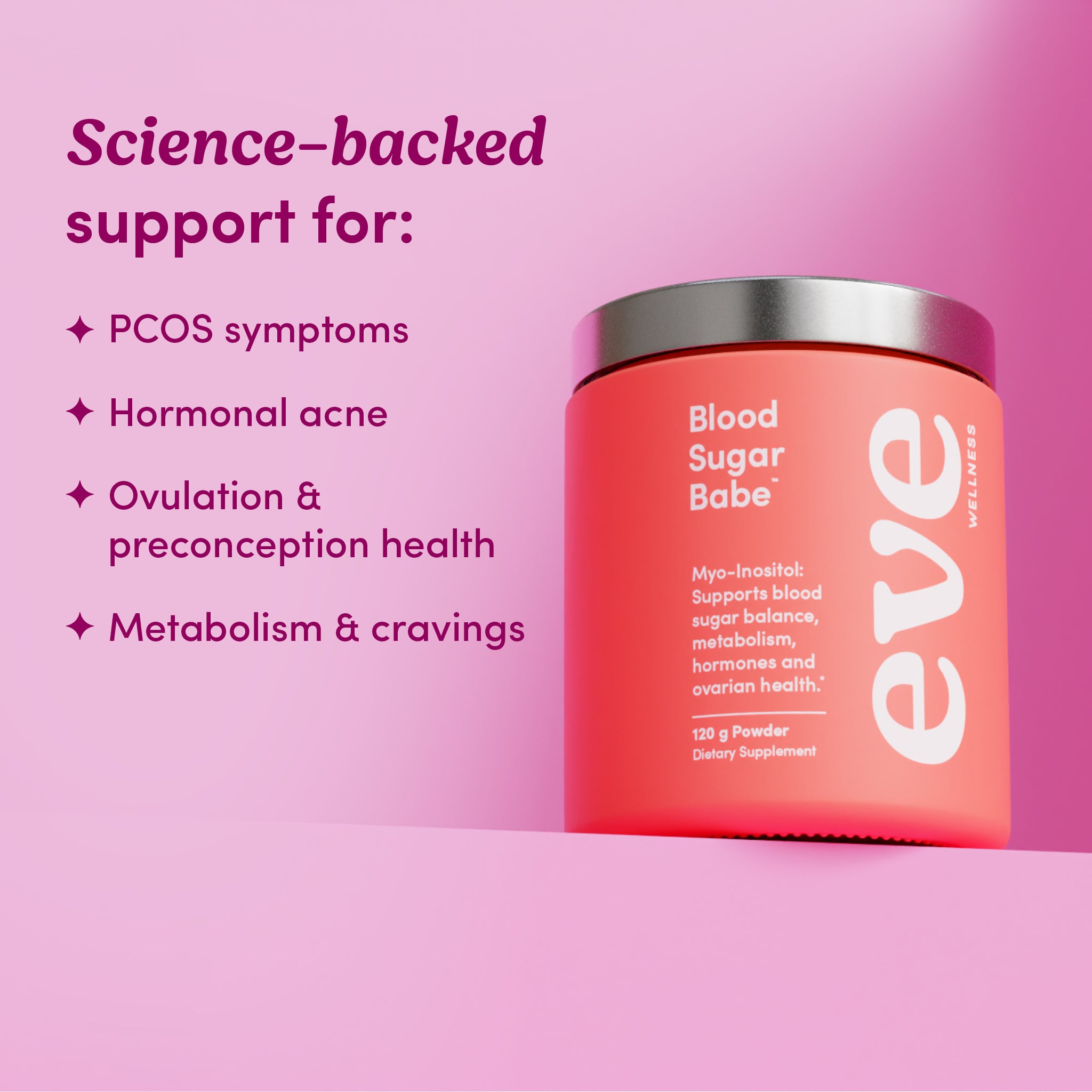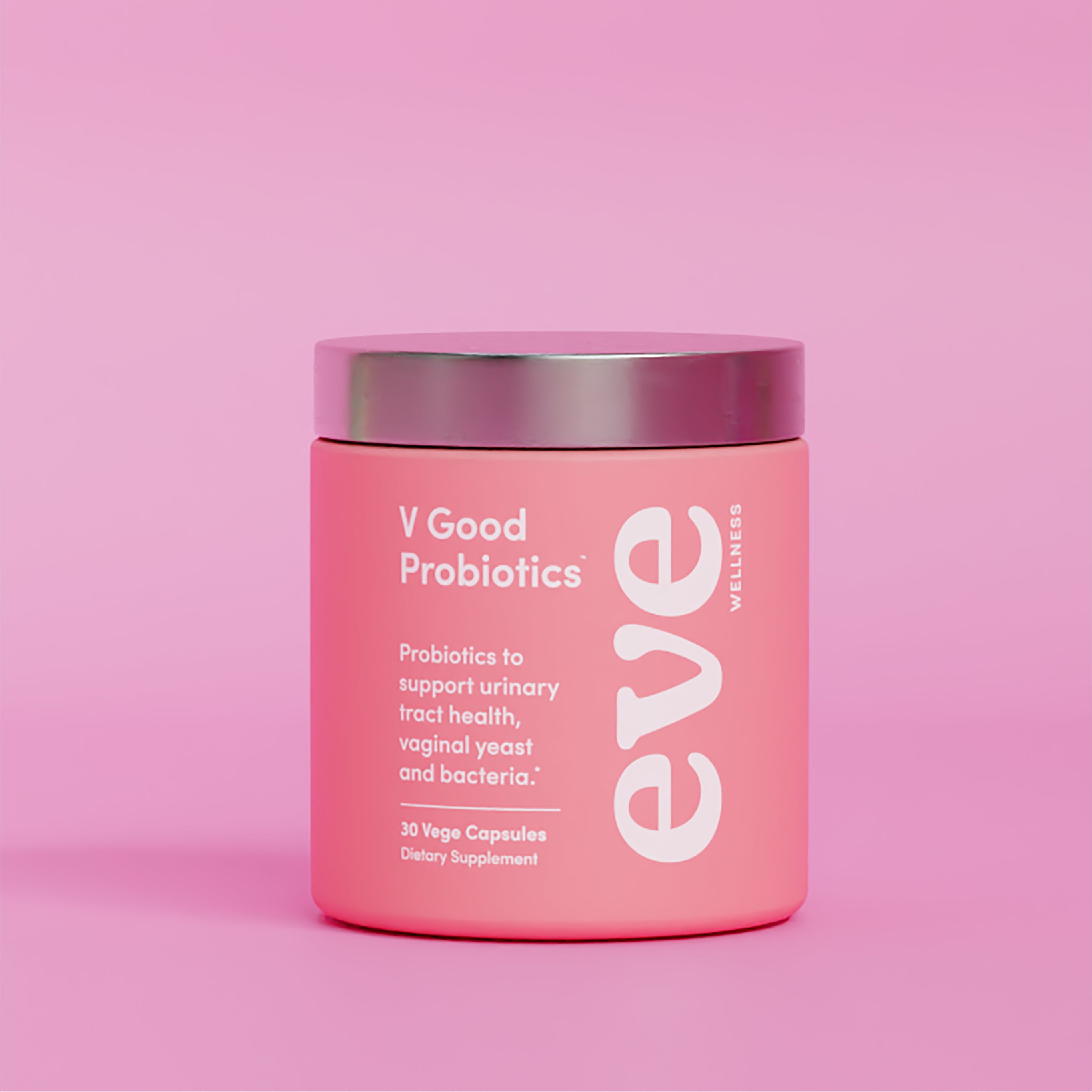When you’ve spent much of your adult life trying to avoid pregnancy, actively trying to make a baby can feel like a strange shift, and it can be confusing and somewhat deflating when things don’t happen straight away.
As the person equipped with the reproductive organs to house and grow a baby for 9 months, women are often quick to shoulder the responsibility for fertility challenges and assume it’s their fault things aren’t happening.
However, there are so many factors at play in the miracle that is new life, and many of these relate to the number and strength of the swimmers involved.
Here’s what you need to know about male fertility and its important role in a healthy conception, pregnancy and baby.
BABY-MAKING IS A TEAM EFFORT
Conceiving and growing a healthy baby is like a team sport, and all members have an important part to play. While some men might like to think their role starts and finishes in one night, really it’s the months prior that are the most important.
It takes two to tango and falling pregnant requires both a healthy egg and sperm that are up to the challenge of reaching it; and even then it can take some time for nature to work its magic.
But more than just falling pregnant, a father’s health can influence the health of the pregnancy and the future health of their child. Some of the most important developmental stages of pregnancy—such as epigenetics, brain, spine and nerve development—all happen in the first few weeks, before many people even know they’re pregnant.
Sperm health also affects the development of the placenta, and low sperm quality can contribute to miscarriage in the first trimester.
While men produce sperm all the time, on average it takes around 74 days for sperm to develop, mature and have any chance of fertilising an egg. To really give baby-making your all, both parents should consider taking some time to achieve optimal health then spend a few months maintaining it before even starting to try to conceive.
A MODERN FERTILITY CRISIS
The unfortunate truth is this: sperm in men all around the western world are declining in numbers and getting worse at swimming as time goes on.
A 2017 study involving almost 43,000 men from Australia, New Zealand, Europe and North America found that total sperm count and sperm concentration declined by 50-60% between 1973 and 2011.
Other data suggests that the great decline started as early as the 1930s.
The good news is that even as these lower sperm counts have become the new normal, many couples are still conceiving without trouble. However, it’s important to understand why this decline has been happening over the years, and do what we can to preserve these levels for future generations.
WHY THE GREAT DECLINE?
Sperm counts that were considered low in the 1950s are now considered high. Why? The short answer is our modern lifestyles.
When you think back to your Grandfather’s prime child-bearing years (not in a weird way - we’re just trying to make a point here), they were probably very different from those of men in the western world today.
Speaking generally, there was the advantage of youth on his side for starters, as people tended to have children much earlier back in the day.
Endocrine-disrupting toxins such as those found in pesticides, beauty products, plastics and food additives weren’t as much of an issue as many of them hadn’t been invented yet.
What’s more, solis were of much better quality back then and fresh produce was richer in key nutrients.
And here’s the clincher, back in the day before the internet and mobile phones, people were way less stimulated and a heck of a lot less stressed.
SUPPORTING MALE FERTILITY
While the world we’re living in now looks a little different to the way it once was, all is not lost, and there are still plenty of ways to support male fertility and all things sperm health.
The overall health of sperm is measured by three important metrics:
- The quantity of sperm - A.K.A ‘sperm count’
- The quality of the sperm - referring to their shape
- The mobility (or motility) of the sperm - meaning how good they are at swimming.
Here are a few ways to support all of these:
COVER THE BASICS
As nature quite literally intended, fertility is in many ways a side effect of good health. This means that the basics of looking after yourself and keeping healthy are all very important, such as maintaining a healthy weight, eating your greens, sleeping well and exercising regularly.
UP YOUR ZINC LEVELS
Zinc is an important mineral touted as an ‘essential element of male fertility’, due to its vital role in testosterone production, sperm count and motility. As well as being an essential for hormone health, skin health and immunity, many studies have linked low zinc intake to low-quality sperm and infertility.
Zinc-rich foods include oysters, red meat, shellfish and pumpkin seeds. To increase your levels quickly we recommend supplementing with All Systems Glow.
SUPPORT YOUR STRESS
Just as female hormones and fertility are sensitive to stress, male fertility is too. While psychological stress can be difficult to measure, several studies have linked high levels of perceived stress to lower sperm count and motility.
Along with the basics of self-care, meditation and quality sleep, certain herbal supplements can help lower stress in the body. Ashwagandha is an adaptogenic herb that supports the body through times of stress and has been shown to increase sperm quality in some studies.
EAT THE RAINBOW
Antioxidants found in fresh fruit, vegetables and other plant foods are powerful compounds that play an important role in protecting our cells from free radicals and oxidative damage in the body, known to affect sperm count and quality.
Antioxidants such as vitamin C, vitamin E, and CoQ10 protect against oxidative stress and have been shown to improve sperm quality in men with fertility troubles.
CONSIDER SPECIFIC HERBS
Herbal extracts such as Tribulus Terrestris, a traditional Ayurvedic tonic, and Fenugreek, a herb originating in Chinese medicine have been shown to support testosterone production, libido, sperm count and motility.
Above all else: Let’s start including men in the conversation
The importance of mum’s health in supporting pregnancy and a healthy bub is fairly common knowledge. But dad’s health? Not so much.
To really nurture the health of the next generation, let’s start including fathers-to-be in the conversation around preconception health and ‘trimester 0’, so they can help their little swimmers be the best they can be.








